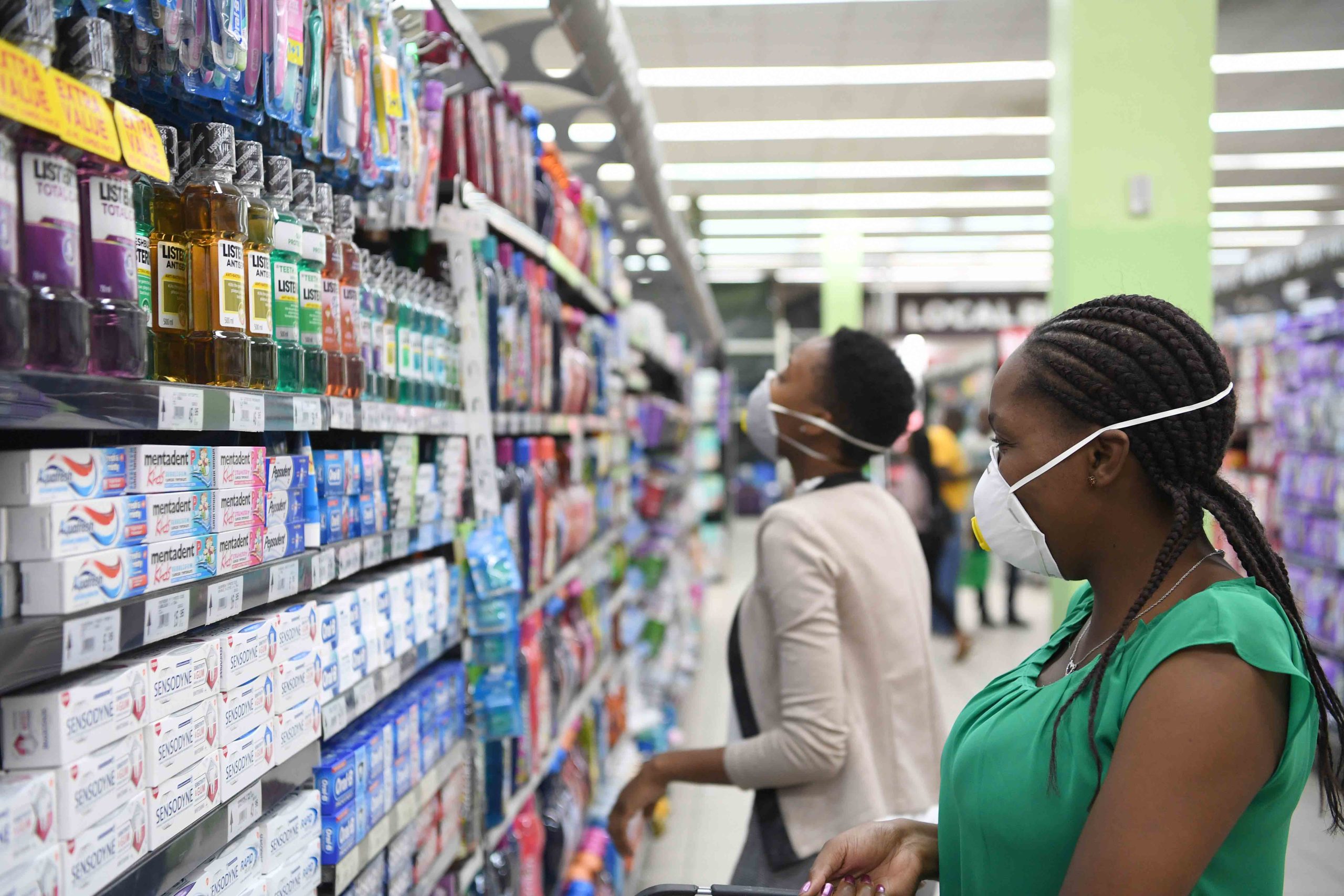- Listed equities feel the pinch
- Tsheole says BSE has been resilient, as global stocks collapse
- Credits Local Fund Managers trading strategy
- Resilience must attract international investors-CEO
KEABETSWE NEWEL
Brokerage firm, Motswedi Securities said the Domestic Companies Index (DCI) on the Botswana Stock Exchange (BSE) is beginning to feel effects of the COVID-19 pandemic, but the BSE Chief Executive Officer (CEO) Thapelo Tsheole believes the BSE has been resilient as compared to other global stocks which have plunged significantly.
According to Motswedi Securities market research compiled by Head of Research Garry Juma as colleague Salome Makgatlhe, the COVID-19 pandemic, is leaving its mark on the local equity market.
“The number of casualties the pandemic is adding to its list continues to grow. The stocks that are considered liquid, which are those deemed to be popular, have taken a turn towards the bears in the market – taking the local indices with them. The DCI fell for yet another week , another steep drop for the DCI, although not the steepest drop the index has experienced on a week-on-week basis this year,” said the Motswedi researchers.
The DCI dropped -0.48 percent in the week to close with a year to date that stood at -0.72 percent. The stocks losing in the week were First National Bank Botswana ( FNBB), BancABC, and eco-tourism outfit Chobe Holdings Limited. According to the BSE daily market report (Thursday 9 April) FNBB dropped 5 thebe in the week, to close at the price of P2.70 per share, extending the stock’s yearly loss to -5.3 percent. Motswedi researchers said this stock was the largest contributor to the DCI decline, given that the stock has the largest market capitalisation on the domestic board at the moment, as such the largest weight in the index. FNBB is the largest company by market capitalization at P6.8 billion. It is also one of the most profitable listed companies.
Chobe was also on the chopping block, losing the largest in value by far in the week, to close at P11.00 percent share.
“ This 4.3 percent depreciation in the share price of the company was somewhat expected, given that the impact of Covid-19 is really being felt in the tourism and hospitality sector, as local borders have been closed off to international visitors and various lockdowns implemented across the world,”Juma and Makgatlhe said.
The third stock to drop was BancABC, falling to its Initial Public Offering ( IPO) price of P2.00 per share, in its first movement of the year. This unfortunately resulted in the stock’s year to date ending the session at -1.0 percent. The appetite for buying the bank’s stock is on the low end, as has been the case for a few months now. The total returns index (DCTRI) on the other hand, gained in the week – a small 0.03 percent, pushing its yearly growth to 0.44 percent. Cushioning the index from
Although there are notables hits on some listed equities, Tsheole believes that the BSE, as compared to other equities globally has been resilient. He said the BSE for the past three months is the only stock exchange in the world that performed positively, up until last week, when depreciations were recorded in some stocks.
In an interview with The Botswana Gazette, Tsheole said by investing for the long term, local fund managers have played a role in minimising ‘panic selling’ during the COVID-19 pandemic leading to resilience at the domestic bourse.
Further, he also took solace in the for the past three months (1st quarter) the BSE performed well. According to the BSE’s Market Performance Report for the 2020 1st Quarter (q1) period, the Domestic Company Index (DCI) experienced a slight depreciation of 0.09 percent in the period 1 January to 31 March 2020 in comparison to a 0.43 percent increase registered in the same period in 2019.
Further, the Domestic Company Total Return Index (DCTRI) appreciated by 0.56 percent, boosted by a combination of price and dividend improvements during the quarter. On the foreign companies’ front, the Foreign Company Index (FCI) registered a depreciation of 0.71 percent in Quarter 1 of 2020 relative to a decrease of 0.26 percent over the same period in 2019.
According to Tsheole, this is a spectacular performance considering the fact that capital markets globally have taken serious hits as a result of the COVID-19 pandemic. Tsheole said the BSE listed equities are dominated by institutional investors Fund Managers. “Our local fund managers invest for the long term. They buy stocks and hold for the long term. Therefore, where there is a panic sell-off due to market dynamics, they do not ordinarily sell, which leads to some kind of stability in equities, “he said, adding further that BSE shares were undervalued in terms of the Price to Earnings (P/E) rations in Mauritius and Johannesburg.
Tsheole said it is foreign investors who are selling off equities on the BSE. “Generally speaking, it is unavoidable that BSE will be affected but we are still optimistic that the market will rebound after this pandemic,” he said, adding that trading activities are however impressive looking at the volumes. Tsheole said investors are trading at the comfort of their homes, thanks also to the automated trading system.




